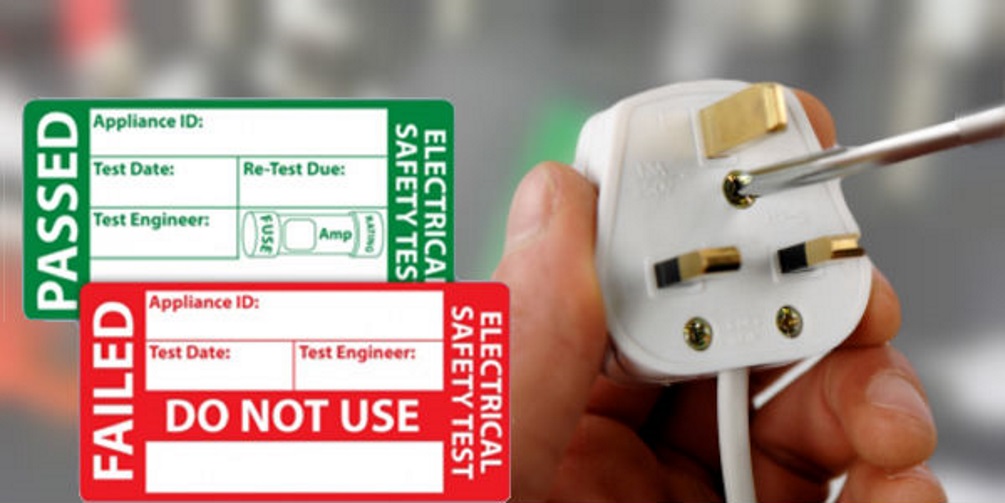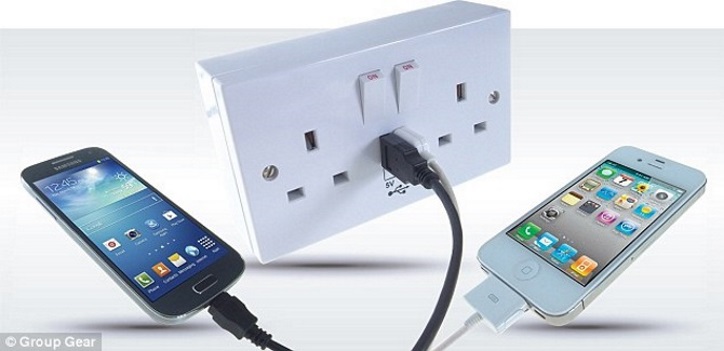For this blog, I asked Paul Duchanan to write about the importance on PAT testing for Businesses and Landlords.
Paul carries out all PAT testing for Powercor and ensures that all of our customers are compliant with legislation as well as working & living in a safe environment.
Why is PAT Testing so important?
As employers we have a ‘duty of care’ to ensure the health and safety of employees as far as is possible. One of the most dangerous elements of many workplaces is the risk posed by electricity. This article details some advice for Managers and Employers about how to mitigate the risk of electrocution and other accidents relating to electricity.
Electrical safety is something that is often overlooked. But statistics suggest that many unnecessary accidents, including fire have happened due to electrical issues. Electrical injuries can happen when using devices at all voltages, but obviously the risk of serious injury increases with the voltage. Alternating and Direct Current electrical supplies can cause severe injuries including electrical shocks, burns, loss of muscle control and thermal burns to the point of fatality.
Risk of loss of life and injury at the hands of electricity is not just with people who work with electricity, but anyone who works with faulty electrical appliances or appliances with poor electrical installation. Simple precautionary and preventative measures put in place should be enough to mitigate these risks, but are often missed by the employer and managers more concerned with the pressure of meeting deadlines etc. – rather than the safety of their employees.
Electrical accidents often happen when regular maintenance is neglected.
Of course, there is only so much you can do to prevent accidents. However, if the construction itself is substandard with faults in the wiring, the electrical system, etc. all your precautions may not be enough to prevent accidents.
This is why you should only go for a reputable company like Powercor that provides a vast knowledge of professional advice on best working practices for electrical safety. To provide and deliver a thorough inspection and regular testing with electrical appliances and systems adhering to the highest benchmarks of standards and quality, and install all precautions in place to prevent electrical accidents.
You never gamble with people’s safety. No quality is ever high enough to be complacent enough to say “that will do – that should be safe”.
What should Employers do?
• Train employees on how to report faults and use electrical equipment or systems safely. Ensuring that they are fully competent, having the suitable level of training, skill and knowledge to execute tasks safely for themselves; colleagues and members of the public.
• Ensure equipment is safe when supplied and checked regularly to ensure it remains in a safe condition, and dispose of any equipment which is found to be faulty or functioning incorrectly
• Flexible power cables should be installed in such a way to ensure that they do not accidentally get removed from sockets
• Ensure all electrical appliances and systems are safely installed, and that they are regularly maintained to ensure their ongoing safety, including not overloading power sockets by using adaptors and extension leads.
Landlords – What responsibilities do landlords have when it comes to electrical safety?
The Landlord and Tenant Act (1985) is the main piece of legislation governing a landlord’s responsibilities for electrical safety. The Act stipulates that all of the property’s installations, including the electrical installation, should be kept in repair and proper working order.
Landlords also have a responsibility to ensure that any appliances supplied with the property are safe to use. The best way to ensure this is through In-Service Inspection and testing of Electrical Equipment i.e Portable Appliance Testing (PAT Testing) as per the IET code of practice
Download the full Landlords guide to Electrical Safety here







